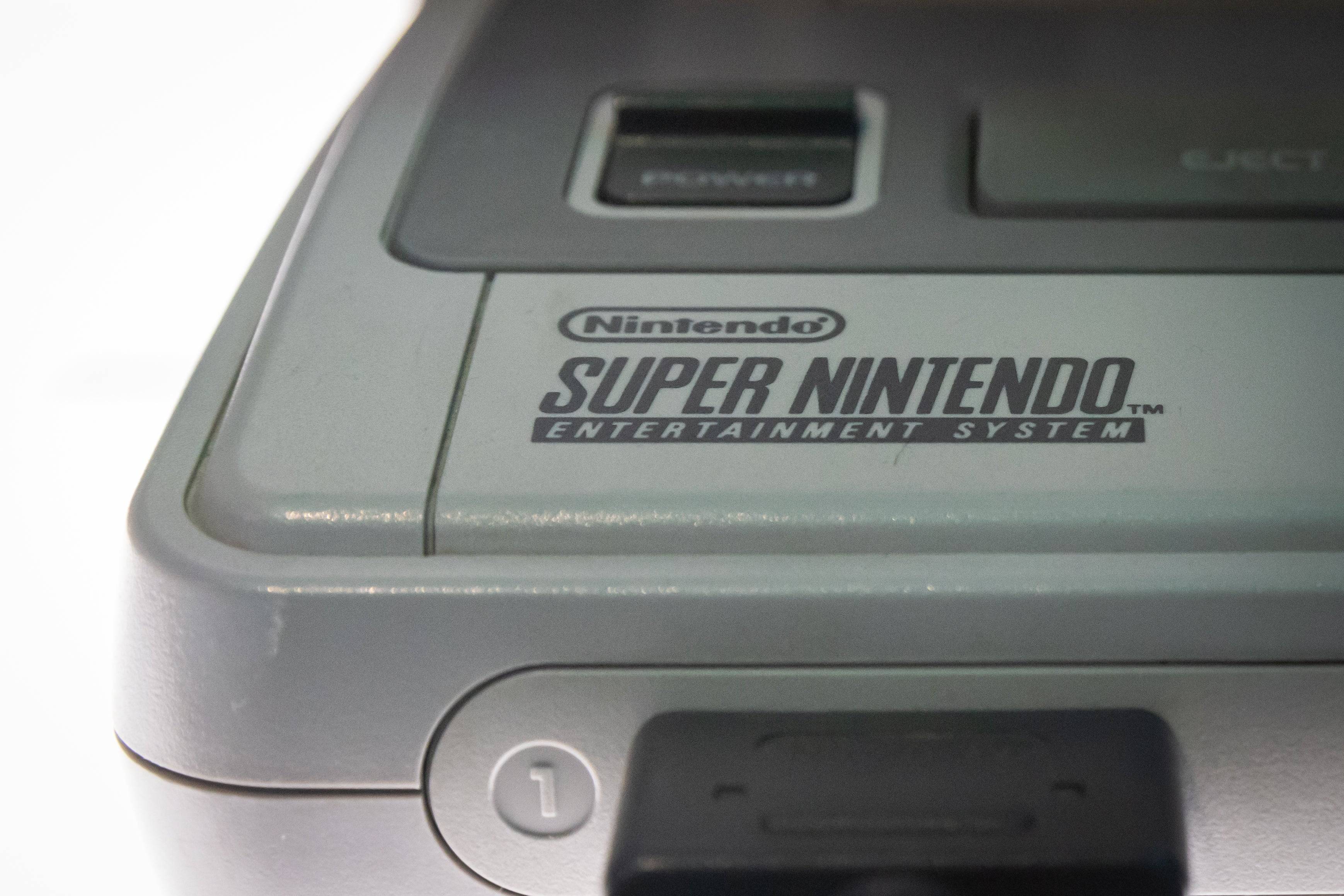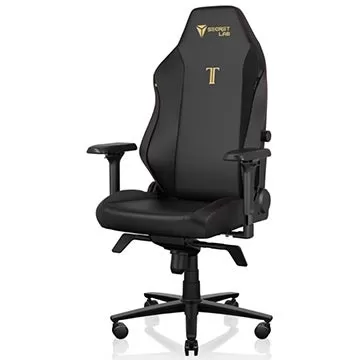The speedrunning community is currently abuzz with a curious technological phenomenon that appears to be causing the Super Nintendo Entertainment System (SNES) to run games faster as it ages. In early February, Bluesky user Alan Cecil (@tas.bot) sparked interest by sharing that the iconic console is seemingly performing better now than when it was first produced in the 1990s. This intriguing theory suggests that the nearly 50 million SNES units sold could be delivering enhanced performance in games such as Super Mario World, Super Metroid, and Star Fox, rather than deteriorating over time.
The notion that a video game console, or any piece of technology, could improve its efficiency simply due to the passage of time might seem far-fetched, but Cecil's research points to a specific component that might be responsible for this unexpected behavior.
The Fastest Thing Alive
According to an interview with 404 Media, Cecil explained that the official specifications from Nintendo indicate that the SNES's audio processing unit (APU) SPC700 operates at a digital signal processing (DSP) rate of 32,000Hz, controlled by a ceramic resonator running at 24.576MHz. However, retro console enthusiasts have noted that these specs are not entirely accurate, with recordings over the years showing varying DSP rates influenced by factors such as temperature. These fluctuations mean that the SNES processes audio and communicates with the CPU at rates different from what Nintendo initially stated, subtly affecting game speeds.

What makes this particularly interesting is the change in DSP rates over the past 34 years. After noticing unusually high DSP rates, Cecil asked SNES owners to record data from their units. The 140+ responses collected so far indicate a clear trend of increasing DSP rates in recent measurements. Previously recorded average DSP rates for the SPC700 were around 32,040Hz in 2007, but Cecil's data now shows an increase to 32,076Hz. While temperature does influence these rates, it's not enough to account for the observed increase. This suggests that the SNES is indeed processing audio faster as time progresses.
“Based on 143 responses, the SNES DSP rate averages 32,076Hz, rising 8Hz from cold to warm,” Cecil elaborated in a subsequent Bluesky post, which included a detailed layout of the data. “Warm DSP rates go from 31,965 to 32,182Hz, a 217Hz range. Therefore, temperature is less significant. Why? How does it affect games? We do not know. Yet.”
Any%
Cecil acknowledges that while these findings are intriguing, further research is necessary to understand not only how much faster the SNES is processing game audio but also the underlying cause. Historical data on console performance during their initial years is scarce, making it challenging to draw definitive conclusions. Nevertheless, as the SNES approaches its 35th anniversary, it appears to be aging gracefully.
The phenomenon of a popular gaming console gradually speeding up has stirred significant interest within the speedrunning community. An SPC700 processing audio more quickly could theoretically impact game performance by reducing load times in certain sections. This could potentially disrupt over three decades of speedrunning records and leaderboard rankings. However, the effect on a Super Mario World speedrun, for example, is not so clear-cut.
It's important to note that APU speeds do not directly translate to visual game speed. Even under the most extreme scenarios suggested by these new findings, the impact on an average speedrun would likely be less than one second. The potential benefits for different games and the overall effect on longer speedruns remain subjects of debate and further investigation. The speedrunning community is still in the early stages of research, but the consensus so far is that there's little cause for concern among players.
As Cecil continues to explore what drives the SNES's performance, Nintendo's console marches confidently into its 30s. For more on the SNES, you can check out its ranking on the list of best-selling consoles of all time.








